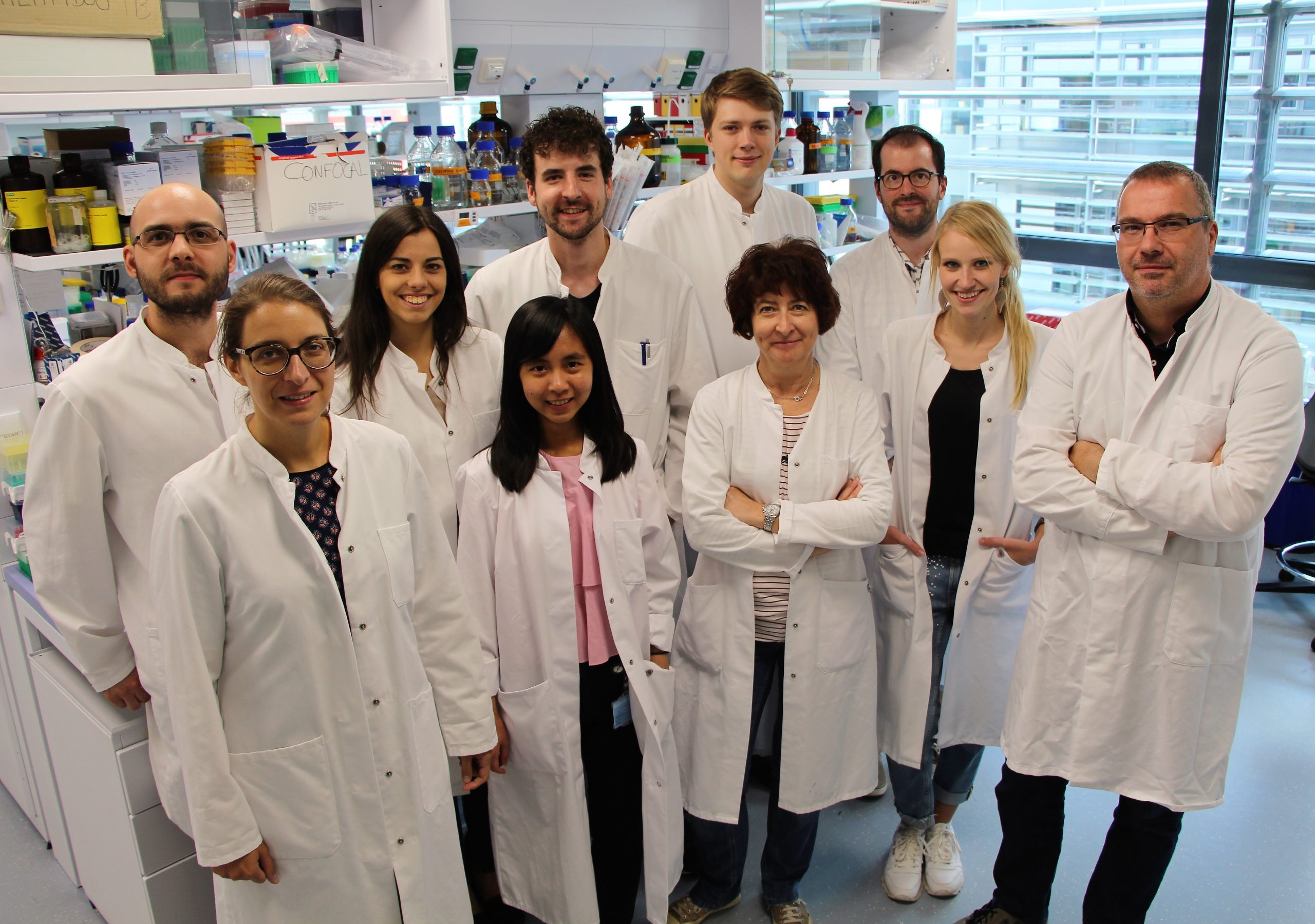Research at Molecular Disease Mechanisms Group
Understanding molecular mechanisms that govern cellular communication and signaling in the healthy organism as well as in pathological conditions, such as inflammation and cancer, is a prerequisite for the development of targeted therapeutic intervention. To this end, the MDM Group currently focuses on the molecular mechanisms that govern colorectal cancer and its resistance to therapies.
Research projects
Collaborations
Harvard Medical School (USA); University North Carolina, Chapel Hill (USA)
University of Texas (USA); PamGene International B.V. (NL)
Ludwig Boltzmann Institute for Cancer Research (Vienna, A)
Medical University of Vienna (A)
Otto-von-Guericke-University Magdeburg; Rudolf-Virchow-Zentrum für Exp. Biomedizin, Würzburg (D)
German Cancer Research Center / DKFZ, Heidelberg (D)
RWTH-Aachen (D)
Centre de Recherche Public-Santé (L)
Laboratoire National de la Santé (L)
Integrated Biobank of Luxembourg, IBBL (L)
Luxembourg Centre for Systems Biomedicine, LCSB (L)
Luxembourg Institute of Health, LIH (L)
